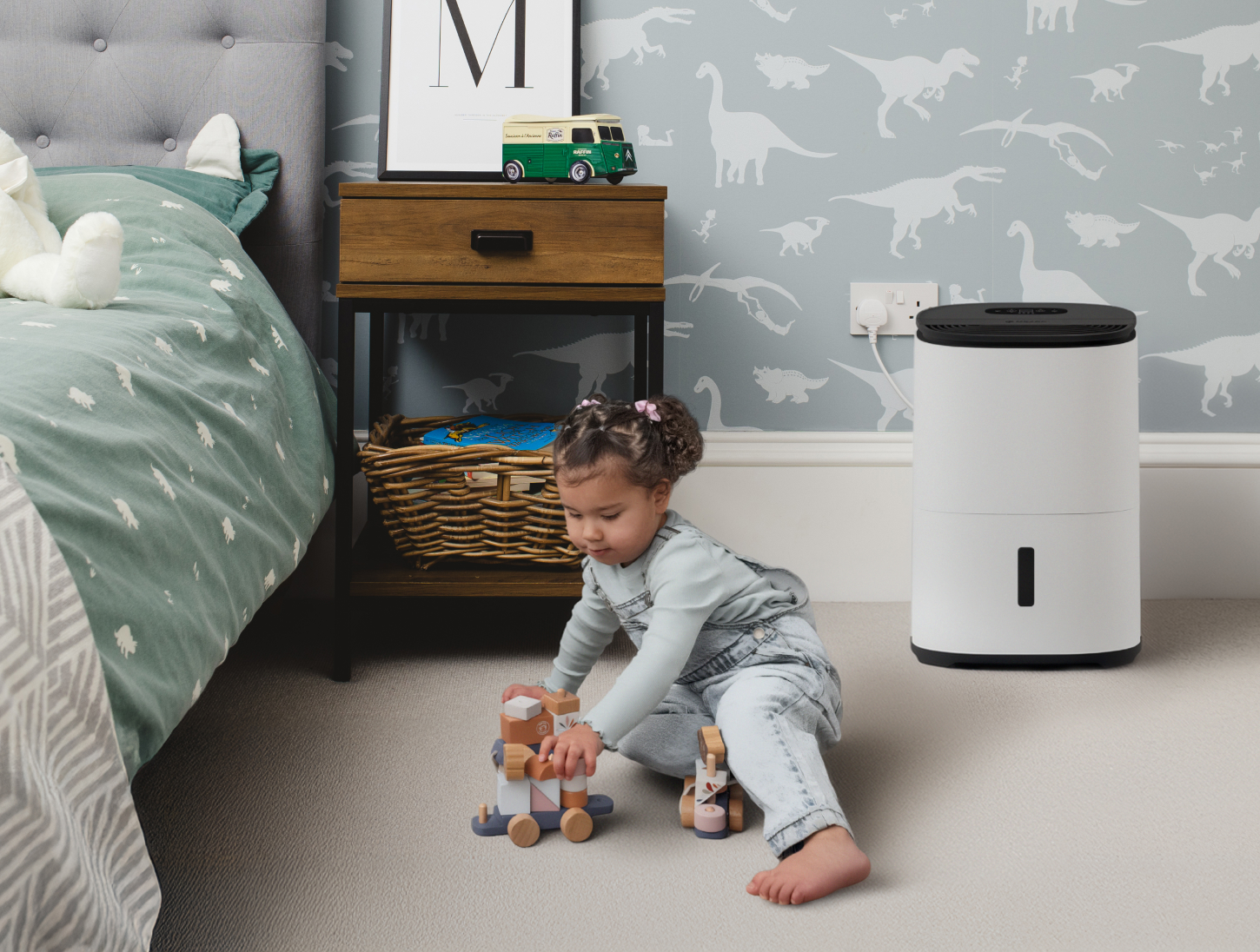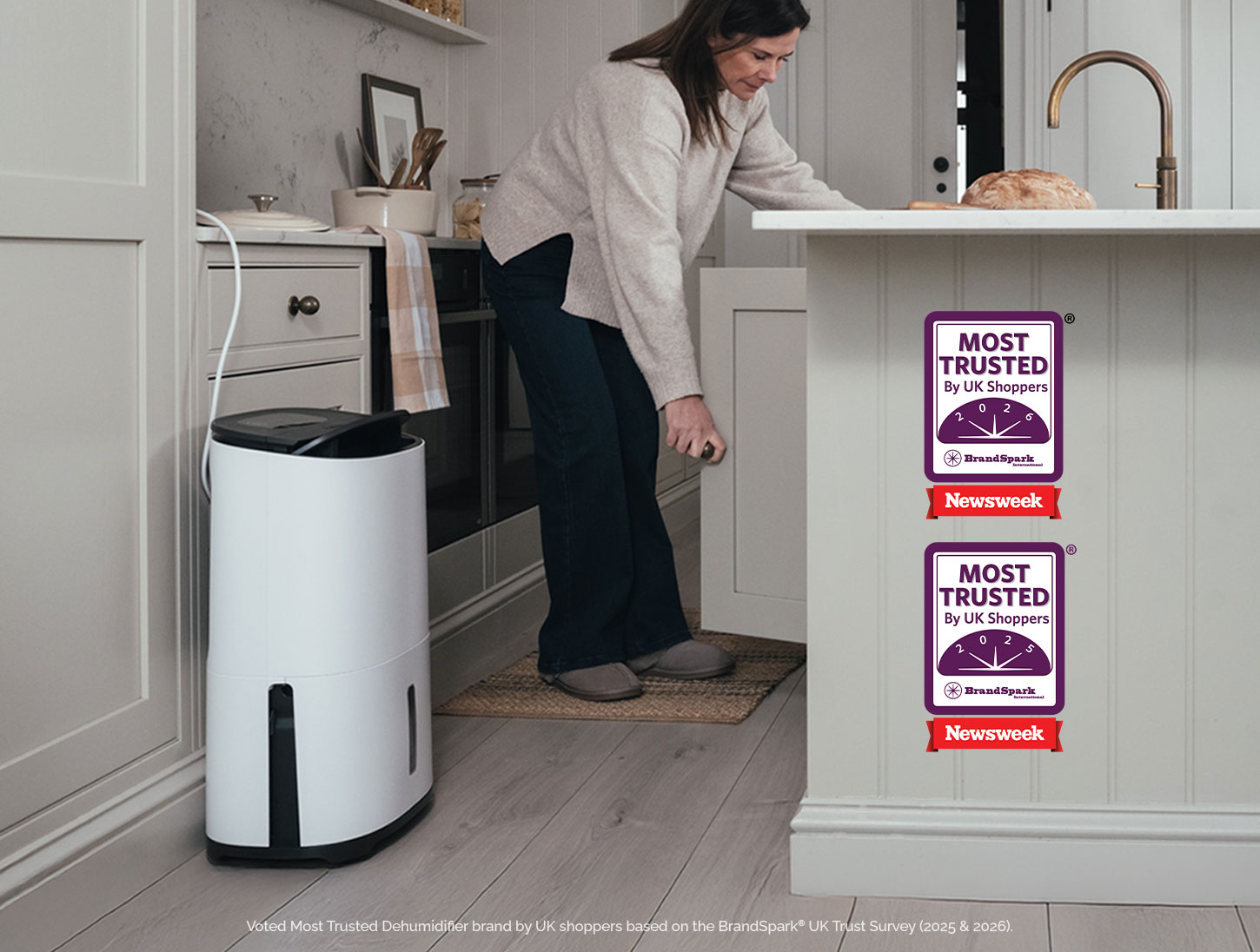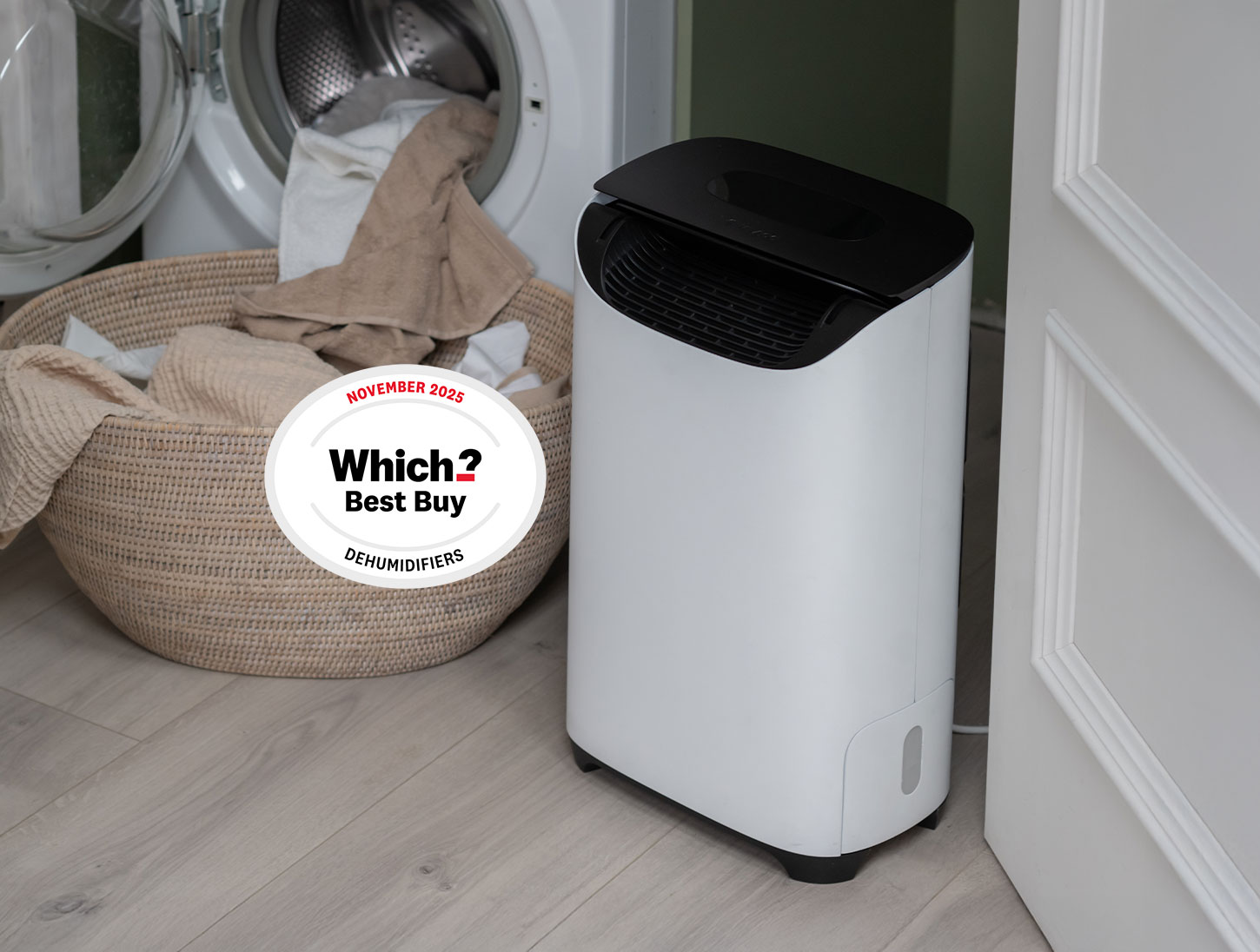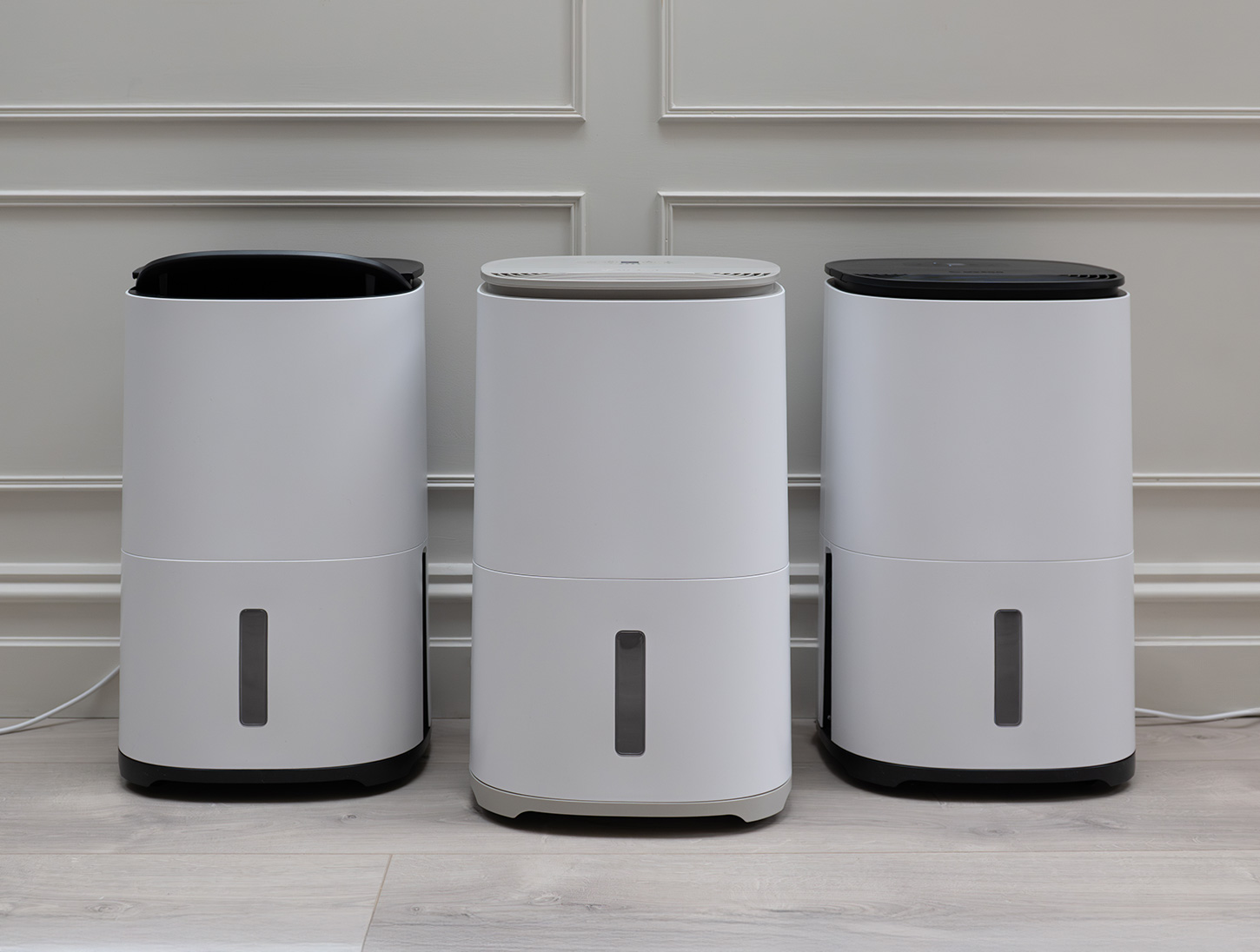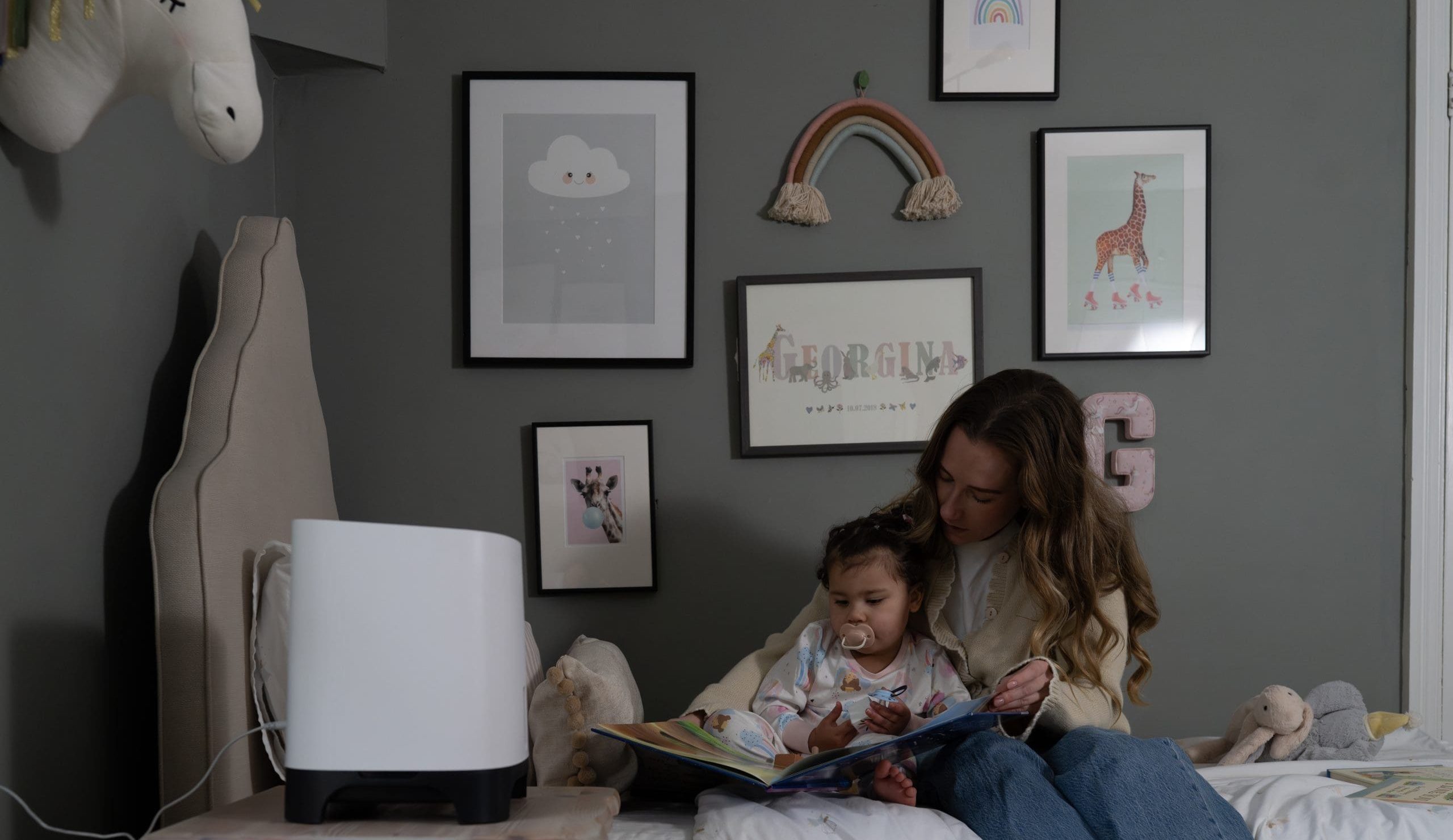March 13-19 is Sleep Awareness Week, so with this in mind, Chris Michael, Director of Meaco, the UK’s leading air purifier specialist, gives his advice on how to reduce snoring to get a better night’s sleep.
Whether you are a snorer or share your nights with a snorer, snoring can have a negative impact on the quality of sleep and your long term health. Lack of sleep can lead to stress, anxiety and
drowsiness during the day, and some snorers may suffer from sleep apnea. This diagnosis is usually accompanied by other symptoms, such as increased fatigue during the day, and lack of concentration.
Snoring is therefore not to be taken lightly if you want to stay healthy.
What is a snore?
Snoring is the hoarse or harsh sound that occurs when air flows past relaxed tissues in your throat, causing the tissues to vibrate as you breathe. Nearly everyone snores now and then, but for some people it can be a chronic problem. It occurs during the third and fourth stages of sleep, when you are at the peak of calmness. This vibration can reach 50 decibels, the noise of a hair dryer, sometimes reaching 100 decibels, the noise of a vacuum cleaner.
The causes of snoring
An unhealthy lifestyle, sleeping with a stuffy nose, being overweight may explain snoring, but also an overheated room, or ambient air that is too dry. Tobacco can cause inflammation of the airways which prevents the air from circulating properly and causes snoring. As for alcohol, which can promote sleep, it alters the good functioning of the blood system and causes micro-awakenings which degradethe quality of sleep. In addition, taking sleeping pills contributes to greater relaxation ofthroat muscles. Finally, during menopause, women show a decrease in their production of estrogen which plays an important role in tone muscle and skin elasticity. The airways then becomelooser and bulkier, thus increasing the risk of snoring.
Solving snoring
It seems obvious that changing one’s lifestyle, eating healthy light evening meals, and having plenty of physical activity can reduce snoring. Seawater sprays greatly help to unclog the nose, and there are “anti-snoring” sprays, used to lubricate the nose or throat and to facilitate the passage of air. Nasal dilators can be placed in the nostrils or even external adhesives to keep them apart. Sleeping in the right position can stop snoring. The worst position is sleeping on your back. Place bulging pillows in the middle of the bed to help stay sleeping on your side. There are also anti-snoring pillows that ensure the alignment of the spine, the muscles of the skull and the cervical.
To rectify dry air, investing in a humidifier will add moisture to the ambient air, and help prevent snoring, with the added benefits of protecting you from chapped lips, dry skin, itchy eyes, nose and throat. Look for a two-in-one device that purifies the air and diffuses a pleasant mist. Meaco’s Deluxe 202 Humidifier and Air Purifier presents a solution to providing your home with healthy humid air. The water inside the unit that provides moisture is cleaned by an ultraviolet lamp prior to humidification. Moreover, a combined HEPA and charcoal filter ensures that the air is completely sanitised before you breathe it in. This gentle mist is a valuable aid in remedying snoring and an aromatic diffuser allows you to infuse your favorite scents and essences into the air. Finally, a special quiet Night Mode will help you succeed in the quest for that elusive peaceful sleep


